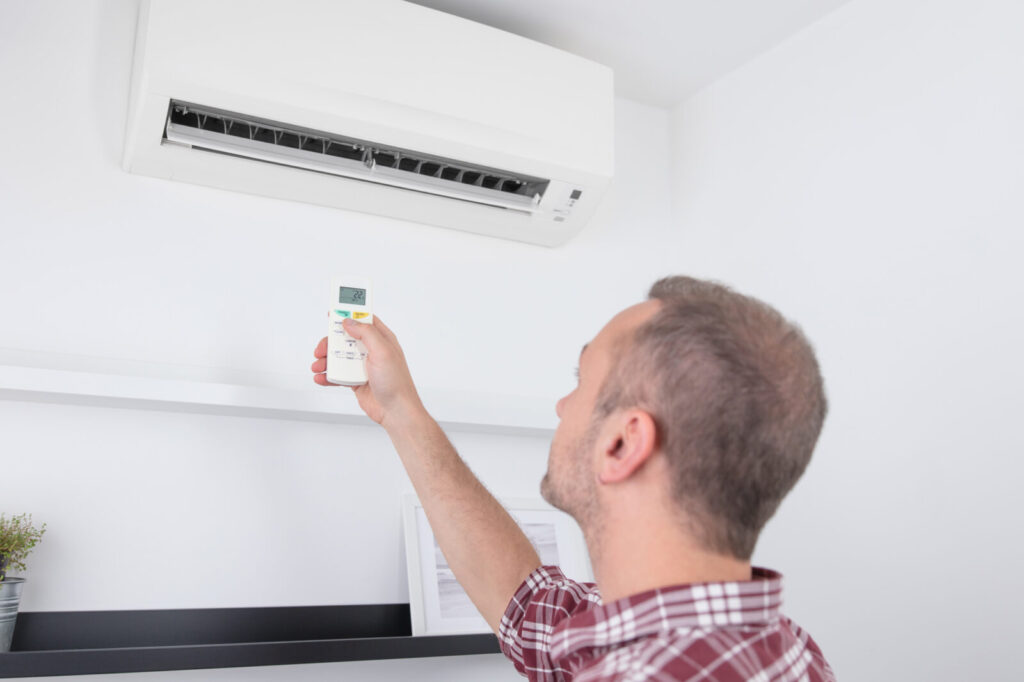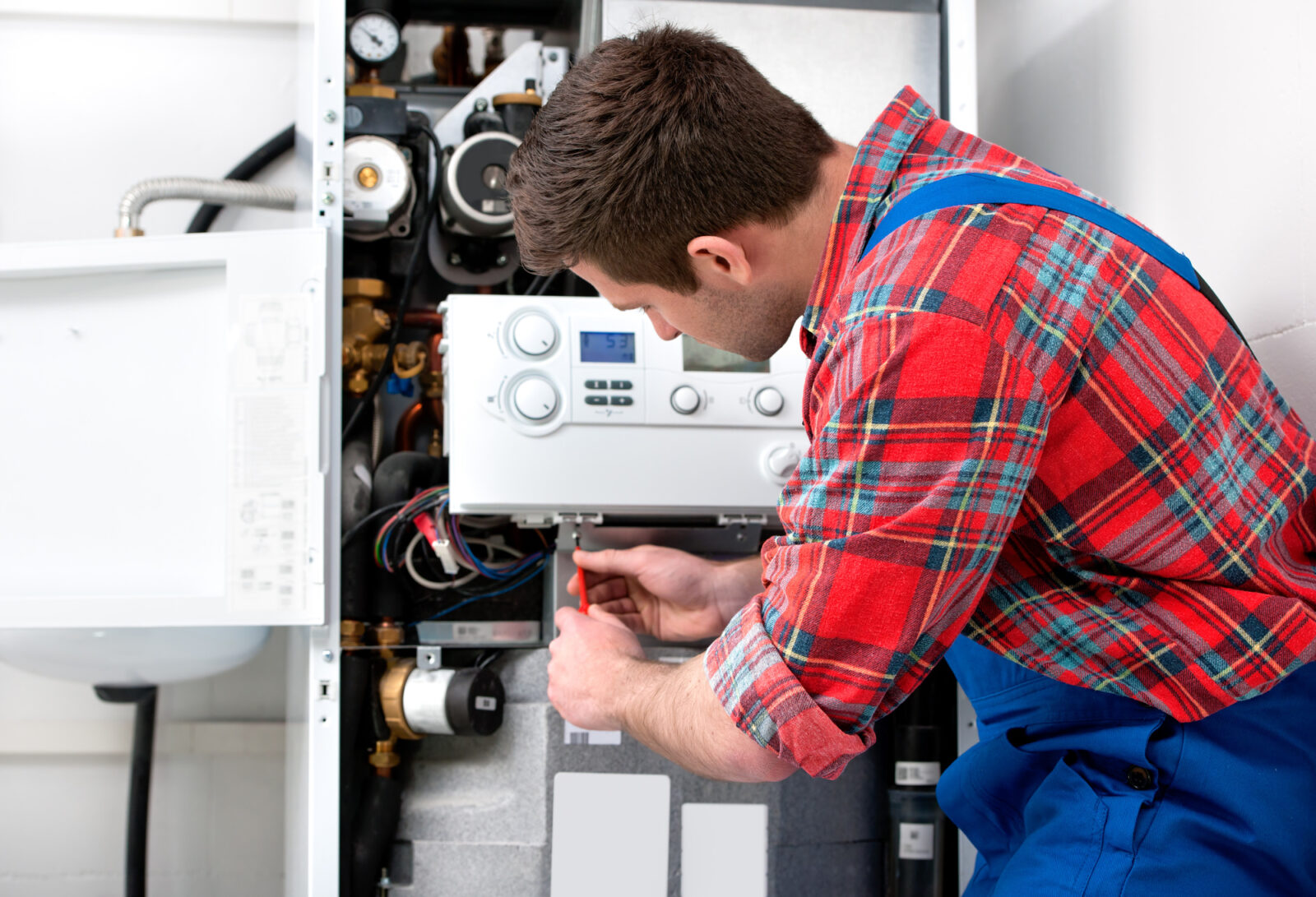Maintaining comfort in your home is important for your well-being, relaxation, productivity, and overall quality of life. One way to achieve this is by installing a heating system. In the cold, brutal winter months, the right heating system keeps you, your family, or your visitors warm, ensuring everyone’s comfort and well-being.
While that’s the case, there are several options on the market, each with its own advantages and disadvantages. So, deciding which is right for your home can be overwhelming. But how do you make the right choice? Here are some key factors to consider.
Table of Contents
Your Needs
A warm, cozy home in the frosty winter hinges on comprehending its unique heating requirements. Each home’s size, design, location, and insulation warrant a custom heating solution.
The size of your abode substantially influences your heating choice. Larger homes, for instance, could reap the benefits of ducted heating with its expansive coverage. Also, the severity of winters and the average climate in your region is instrumental in choosing an ideal heating system.
Neglecting a thorough assessment could lead to suboptimal heating. Therefore, accurately determining your home’s heating demands is the cornerstone of selecting an efficient system.
Cost-Effectiveness
The value of cost-effectiveness in choosing a heating system is paramount. The initial price tag is only one slice of the total cost pie associated with a heating system.
Recurring operating costs, ongoing maintenance charges, and the projected lifespan of the system are integral components of the overall expenditure. Analyzing these expenses can provide a more accurate reflection of the true cost.
Investment in energy-efficient options may seem steep at first glance. However, the reduction in energy bills over time can make such systems more financially viable throughout the lifespan of the home. It’s an upfront investment for long-term savings.
Ease Of Installation And Maintenance
The installation and maintenance facets of a heating system are important decision points. Certain heating systems require intricate installations and regular maintenance, potentially leading to added stress and expenses.

Choosing a heating system with a simplified installation process minimizes disruption and expedites heating availability.
After installation, a low-maintenance system not only guarantees long-term performance but also enhances its lifespan. Therefore, an easy-to-install and maintain the heating system is an ideal selection if you’re prioritizing efficient operation over time.
Additional Features And Controls
In the realm of modern heating systems, advanced features and control options abound. Features like programmable thermostats allow you to schedule temperature changes according to your daily routine, saving energy when you’re out of the house.
Zoning capabilities enable temperature control in different areas of your home, providing personalized comfort.
Smart home integration and remote-control functionality add convenience, allowing you to adjust settings from your smartphone, for example.
These state-of-the-art features enhance user comfort and energy efficiency. However, they might increase the upfront cost. Therefore, the decision should balance the allure of added convenience and potential energy savings with the initial investment.
Fuel Source
The fuel source is another key aspect when selecting a heating system. Systems can run on diverse fuels, such as natural gas, that’s often used in central heating; propane, which is commonly used in portable heaters; oil, which is frequently found in older systems; or electricity, which is used in heat pumps and baseboard heaters.
Your region’s availability and cost of these fuels should inform your choice. If you live in an area with abundant sunlight, a solar-powered system could be a cost-effective and sustainable option.
Consideration of the environmental impact of different fuels is also important. For example, electric systems powered by renewable sources usually have lower emissions compared to fossil fuel-based systems. Such an option enables you to contribute to mitigating climate change and promoting a cleaner environment.
Warranty
A warranty is an essential factor when investing in a heating system. Warranties offer peace of mind and protection for your investment. They cover repairs and replacements for certain parts or the entire system within a specific period of time.
The duration of warranties can vary greatly among manufacturers. Some may offer short-term coverage of a few years, while others may provide long-term warranties extending up to 20 years. For instance, some high-end brands may offer a 10-year warranty on parts and a 20-year warranty on the heat exchanger.
A generous warranty period not only attests to the manufacturer’s confidence in the product’s durability but also saves you potential repair costs down the line.
Takeaway
Choosing a heating system has far-reaching effects on comfort, costs, and the environment. To make an informed decision, assess your needs, and weigh cost-effectiveness, installation ease, features, fuel types, and warranties.
Seek guidance from a heating professional to ensure the right choice for your comfort and sustainability. Don’t wait until winter arrives; invest in your home’s warmth and well-being today.





